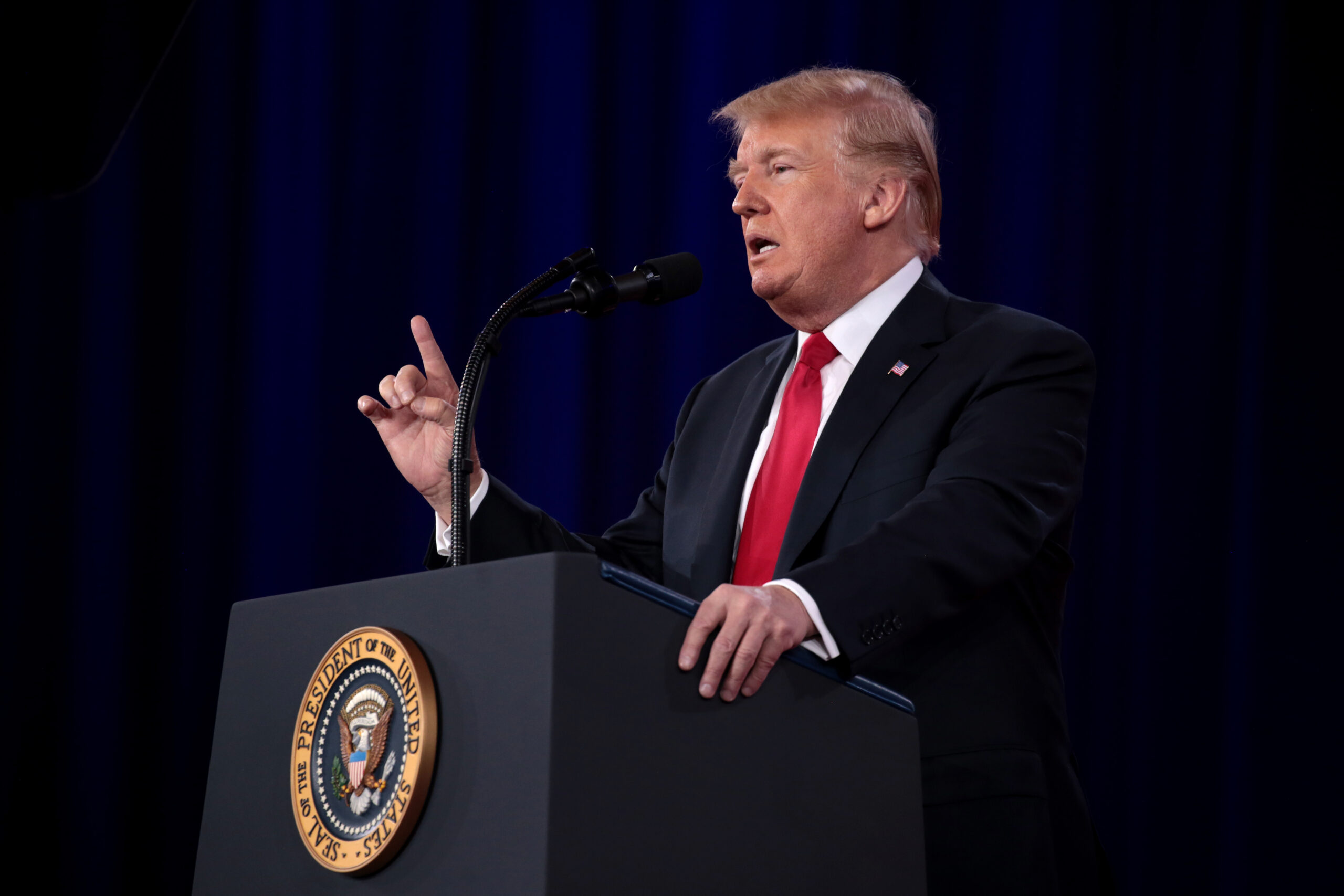In response to the bogus charges filed against Donald Trump and eighteen other Republicans in Georgia, some have absurdly tried to claim that presidents don’t have the power to pardon charges filed in state courts. But these people clearly don’t know their history or their Constitution. Rights guaranteed by the Constitution have been expanded to apply against state infringement on them, as the Bill of Rights protects citizens against the states today. The liberal suggestion that a pardon would not apply against a county prosecutor is the opposite of what liberals have long insisted for the Bill of Rights.
The presidential pardon power in our Constitution was copied from the boundless pardon authority enjoyed by the King of England in 1787. Just three years ago, the U.S. Court of Appeals for the Sixth Circuit held that the “Framers modeled this provision on the pardon power of the English Crown,” which of course was vast. Only one narrow limit existed for pardons by the King of England, and only that same restriction was copied into the pardon power inserted into our Constitution for our president. That prevents the issuance of a pardon to undo an impeachment charge, which makes total sense because impeachment is a legislative rather than judicial power.
Last year the Supreme Court, in ruling against New York gun control, emphasized that “the Constitution cannot be interpreted safely except by reference to the common law and to British institutions as they were when the instrument was framed and adopted.” The King’s vast pardon power confirms that this same pardon power in our Constitution is nearly endless.
One reason Trump is far ahead of his flailing rivals is that they refuse to pledge to pardon Trump, let alone the many other victims of these blatantly politicized prosecutions. The American people see the hijacking of our judicial system, and they demand remedy. Only a presidential candidate who wholly embraces their pardoning power will gain the favor of the conservative movement.






